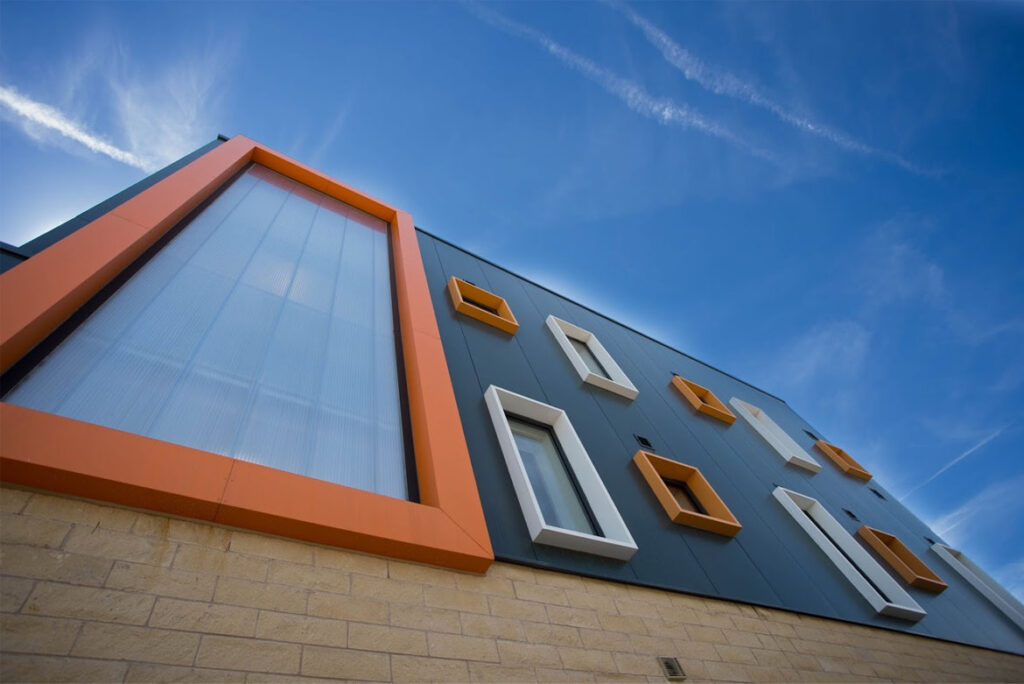Today is the first Youth Mental Health Awareness Day, a day of particular importance this year given the pressures and concerns younger people have experienced as a result of the Covid pandemic.
This campaign focuses on the need to understand that anyone, no matter how successful or seemingly popular, or funny, can face struggles with mental health, and by talking about it, receiving support from a friendly face and finding a strategy that helps you to cope, you can bounce back.
As a Group our purpose is to make a real difference to people’s lives, and that isn’t only directed at our customers and the communities in which we work. Our strength lies with the people who work here and looking after them and their wellbeing is important to us. We’re creating a culture where talking about how you feel, even if that’s not feeling OK, is the right thing to do.
As part of this, we have 28 staff across our Group who have trained as Mental Health First Aiders. They act as a contact point for anyone that needs to talk and they can signpost people should they need to.
One of our Mental Health First Aiders is Brad Campbell. He is part of the 11% of The Calico Group who are 25 or under, so we caught up with him to discuss his role and to get advice for anyone concerned about a young person at this time.
As a younger man, why did you want to become a mental health first aider?
Having seen so many instances of people suffering from poor mental health, around my own personal life and seeing lots of it in the news and social media, I wanted to learn more about it so I could help out in any way possible. Becoming a mental health first aider was the ideal thing for me to do.
What does your role as a mental health first aider involve?
Being a mental health first aider involves having a better understanding of the symptoms of poor mental health, being a friendly face for when anyone needs someone to speak to, and knowing the right things to do/access or people to call if the person needs help whether it be some simple grounding exercises or using other organisations to help (ie Lifeworks).
What advice would you give to any younger person who is concerned about their mental health?
The best advice I think to give to younger people, is the thing that stuck with me the most while taking the first aid course… all people have physical health, just as all people have mental health. When people have issues with their physical health we go out of our way to make sure it gets better (whether it is going to the doctors etc.), the same should go for our mental health. We all have our ups and downs with it, so lets make sure we go out of our way to make this better too. The best thing to do is to speak out. Talk to your family, friends, colleagues. Talk to a mental health first aider. The key is to talk. It is ok to not be ok.
How can someone help a younger person who might be struggling?
Sometimes younger people struggle to communicate and may be unaware of what is going on as they think what is going on inside could just be ‘normal’. If you can see a noticeable change in the way people act, or they seem down a lot of the time for example, start the conversation yourself. Ask if they are ok, mention the change you have noticed. Point them in the direction of help if they need it, offer to talk and to listen. This can go a long way.
Whilst Brad has trained to become a mental health first aider, it’s important to remember you don’t need to be trained to be able to help. Simply asking someone how they are and allowing them to talk openly without interruption or judgement can be a great first step in improving someone’s mental health, regardless of their age.
For more information on Youth Mental Health Awareness Day 2020, visit stem4.org.uk/youthmentalhealthday/

